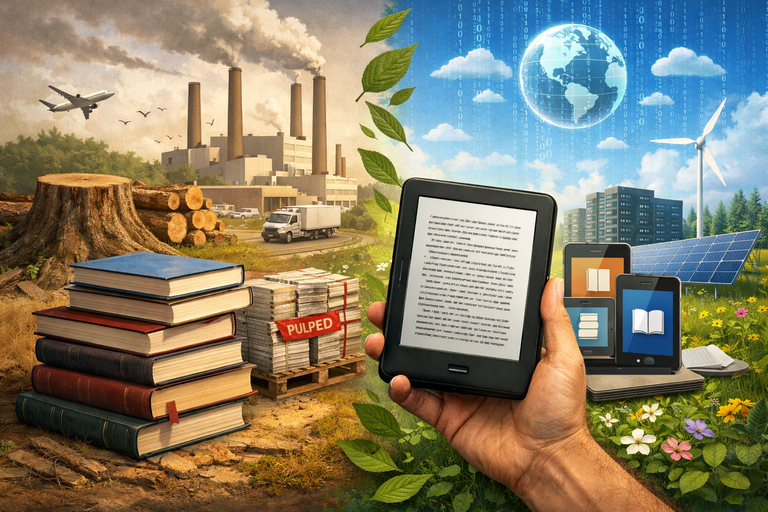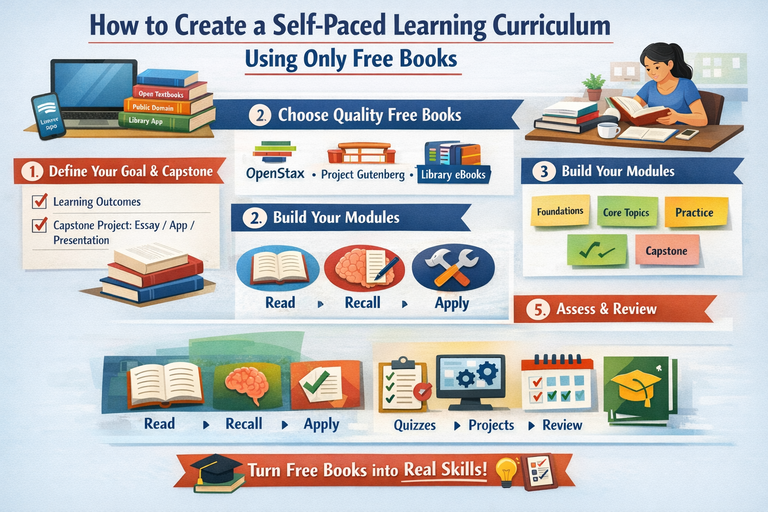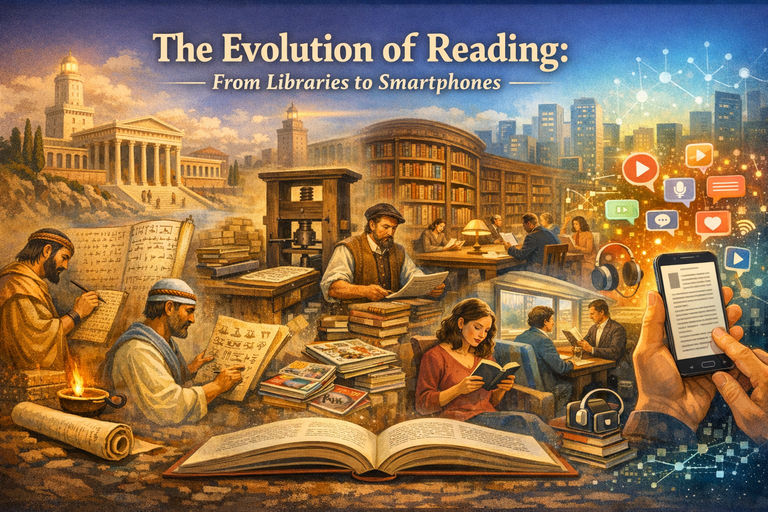Embarking on a Journey of Discovery: The Power of Science Books
Introduction
Science is the beacon that illuminates the mysteries of the universe, revealing the hidden workings of our world and beyond. While scientific concepts might sometimes appear complex and daunting, there's a remarkable tool that bridges the gap between the intricate realm of science and the curious minds of everyday people: science books. In this article, we'll delve into the world of science books and how they serve as our windows to understanding, discovery, and wonder.
Demystifying Complexity
The allure of science often lies in its complexity – from the tiniest particles to the vastness of space. Yet, science books act as translators, taking intricate concepts and transforming them into understandable narratives. Authors like Stephen Hawking and Brian Greene have a unique gift for unraveling the complexities of theoretical physics, making topics like black holes and string theory accessible to readers of all backgrounds. By presenting these concepts in relatable terms and analogies, science books empower us to grasp the marvels of the universe.
Bridging the Gap Between Experts and Enthusiasts
Science books offer a rare opportunity for experts and enthusiasts to share the same journey of discovery. Authors like Richard Dawkins and Jane Goodall communicate their expertise with passion, inviting readers to explore the realms of biology and evolution. These books bridge the gap between specialized knowledge and general understanding, fostering a sense of camaraderie between scientists and those eager to learn.
Exploring Frontiers of Knowledge
The canvas of scientific exploration is boundless, extending from the depths of the oceans to the farthest reaches of space. Science books provide us with a front-row seat to the latest discoveries and advancements. Titles like "Sapiens" by Yuval Noah Harari and "Cosmos" by Carl Sagan take us on journeys that span from the origins of human civilization to the cosmic expanse, offering a comprehensive view of the interwoven threads of science, history, and philosophy.
Inspiring Curiosity and Critical Thinking
Science is a catalyst for curiosity, sparking questions and igniting the desire to explore. Science books nurture this curiosity by encouraging readers to ask "why" and "how." Whether it's a book on climate change, genetics, or artificial intelligence, these literary companions encourage critical thinking, helping us evaluate evidence and form informed opinions about complex issues that shape our world.
A Gateway to Multidisciplinary Learning
The realm of science is not confined to one discipline – it's a vibrant tapestry woven with threads from various fields. Science books often incorporate elements of history, philosophy, and even art. For example, "The Gene: An Intimate History" by Siddhartha Mukherjee seamlessly weaves together genetics, history, and personal narratives, demonstrating how interconnected knowledge truly is.
Conclusion
Science books are the guides that lead us on a journey of discovery, revealing the intricate patterns of the universe while making the complex seem comprehensible. They foster a deeper connection between the scientific community and the wider public, inviting us all to participate in the wonders of exploration. Through their pages, we uncover the past, peer into the future, and gain a profound appreciation for the marvels that science unveils. So, whether you're an aspiring scientist or simply curious about the world around you, dive into the pages of a science book – and prepare to be amazed by the revelations that await.







